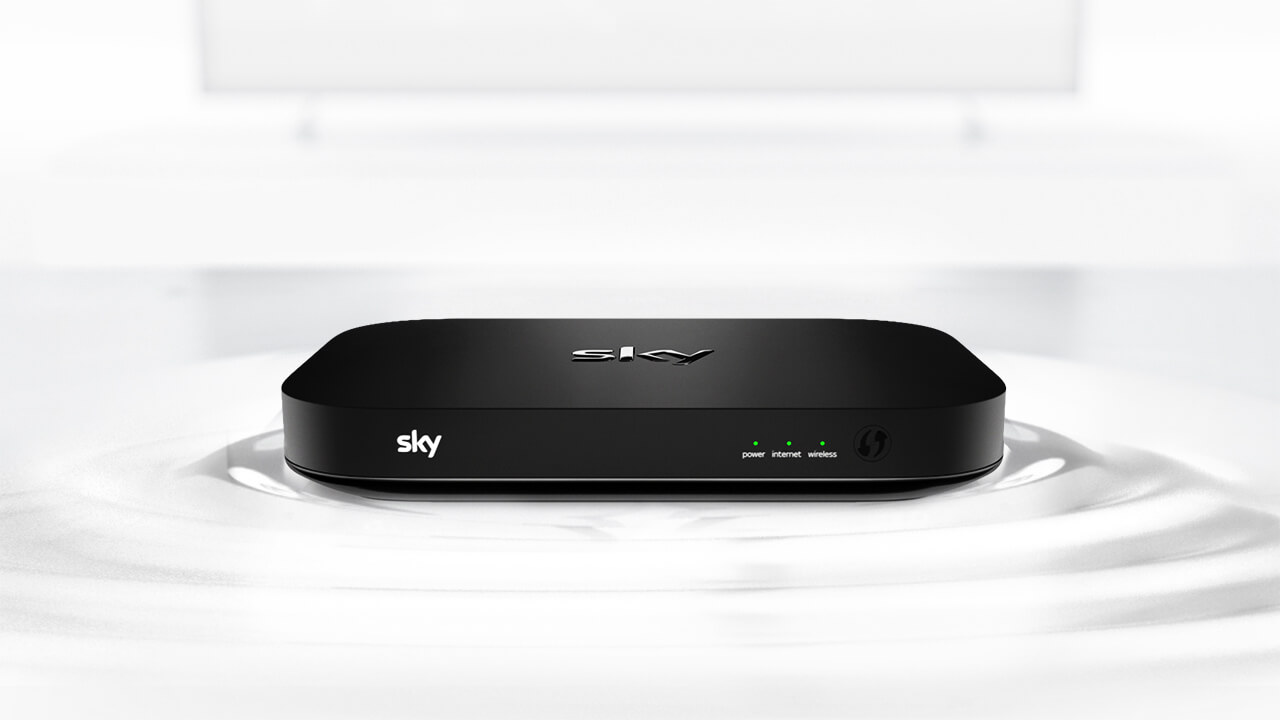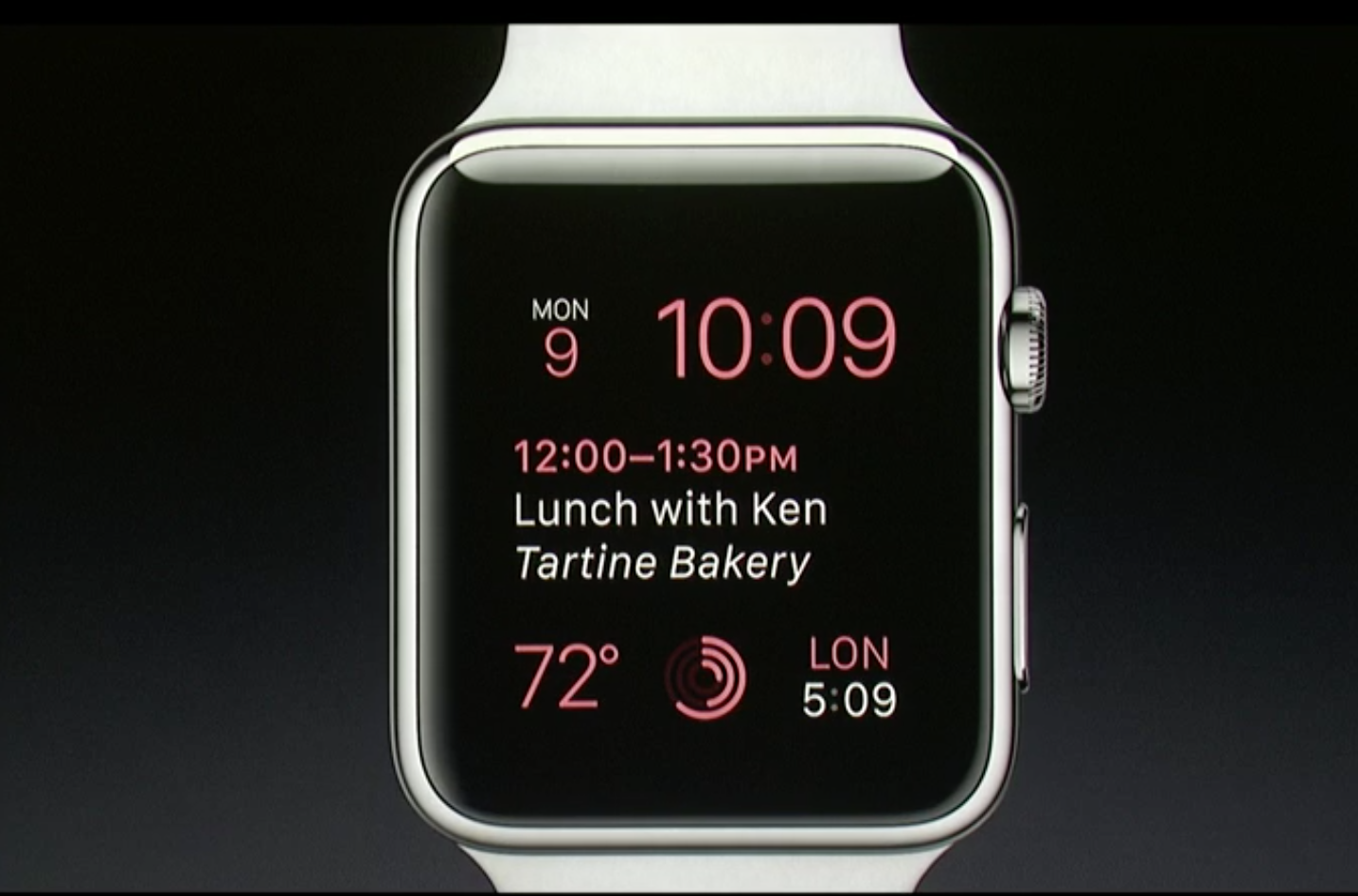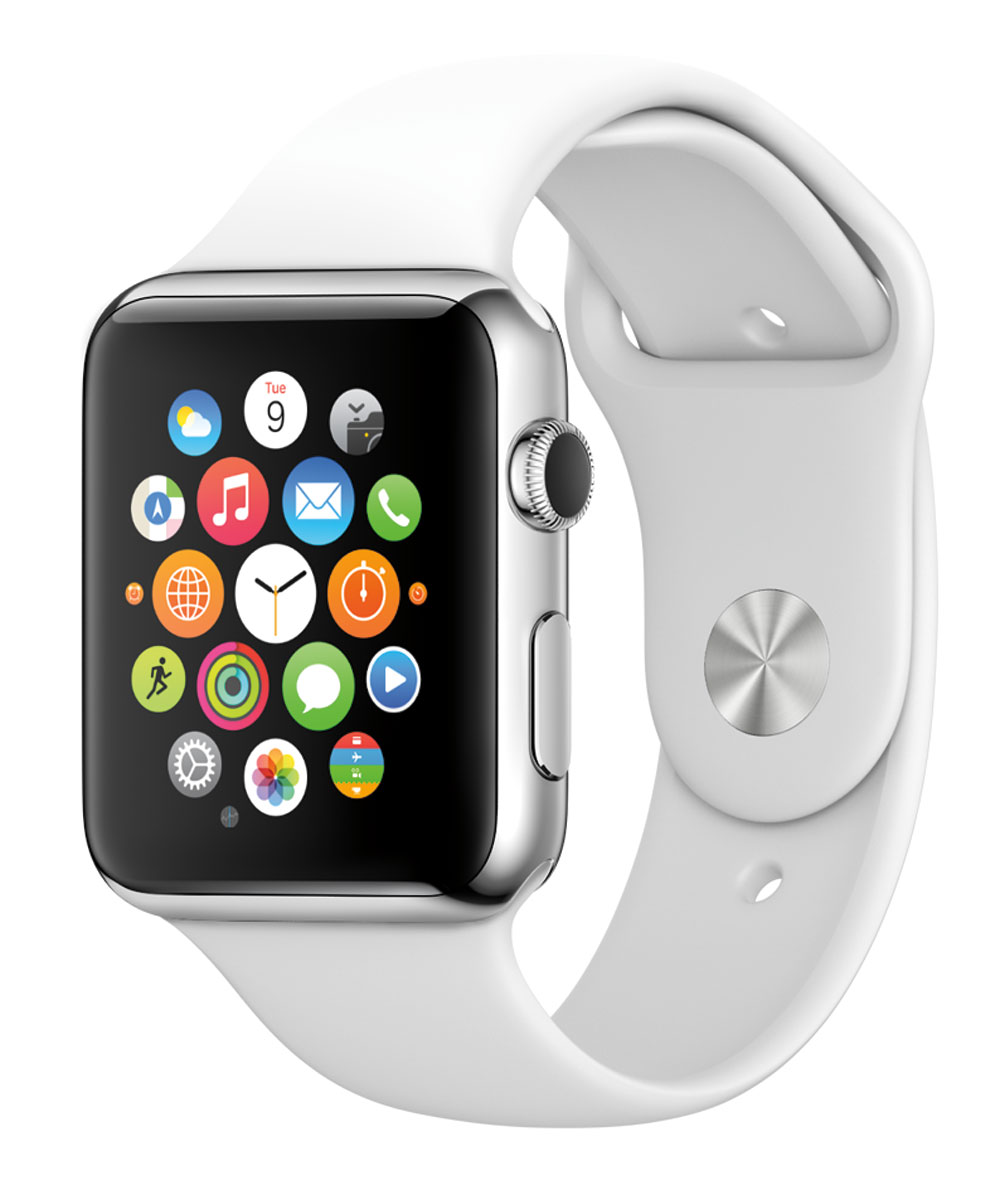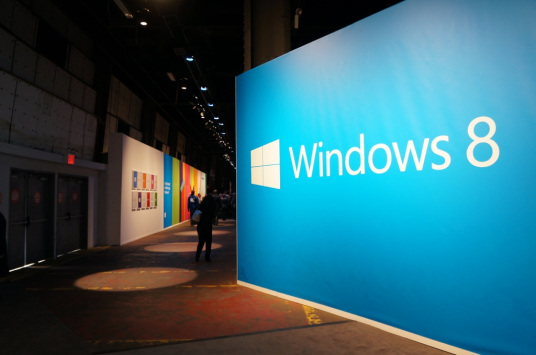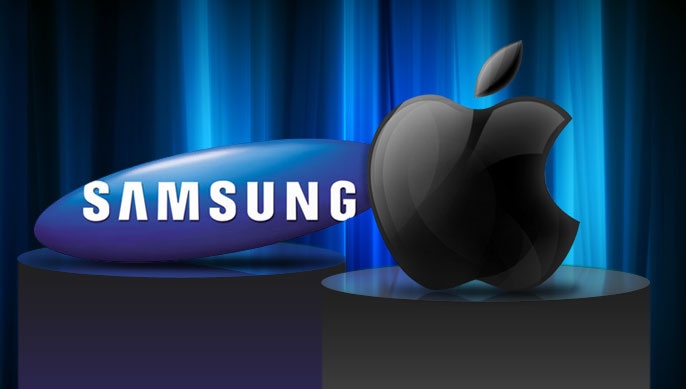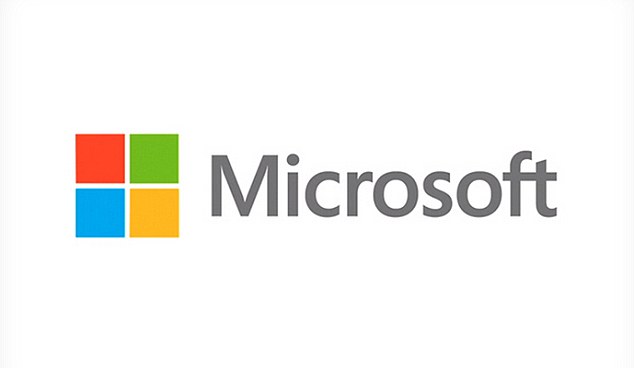Sky Q New Generation Skybox
When Sky launched its pay-TV platform in the UK, it was the outsider in the broadcast industry.
But now it is part of the media establishment, and last week’s launch of its new set-top box was the first move in its fight against a new breed of rivals. Sky Q is its response to the gauntlet Apple threw down in September. Launching a revamped version of the company’s Apple TV set-top box, Apple chief executive Tim Cook proclaimed: “The future of TV is apps.”
But Sky’s forthcoming “Q” service is aimed at a very different future from the one targeted by Apple, Google, Amazon and Roku. Those services all have streaming set-top boxes that would make broadcast TV channels just another app icon to pick.
Sky, by contrast, says “the future of TV is TV”. Andrew Olson is the broadcaster’s director of new products, and has led a years-long effort to develop Sky Q. He says the company understands “that people now live their lives with a mix of different screens”. But that mix is a problem for Sky. Data from the most recent British Audience Research Board (Barb) study of Britons’ TV habits, published by Ofcom, suggests that the only people watching more TV than they did a decade ago are the over-65s.
For everyone else, time spent watching broadcast TV is falling, especially among 25-34-year-olds – exactly the group who should be buying Sky subscriptions. Barb doesn’t yet measure viewing of online-only content such as Amazon Prime or Netflix; but with those two having up to six million UK subscribers – compared with 11 million for Sky – it could be significant. Neither Amazon Prime nor Netflix will be available on Sky Q. What’s more BT, in seeking to become a content provider, has spent hugely on sport in order to attract subscribers for its own service.
A titanic battle is being fought in the world of TV. Does power reside with the broadcasters, whose reach can make or break shows, or with the programme makers, who can anoint winning broadcasters by letting them show their content – think of Sky’s poaching of Mad Men from the BBC – or even bypass broadcasters and offer content via apps?
Advertisement
Or is power now in the hands of the content stores and platform owners, like Apple’s iTunes, Amazon Prime and Google Play, which control visibility and access to content? The deluge of set-top boxes – Apple TV, Google’s Nexus Player and Amazon Fire TV – all aim to move content from “channels” into “apps” – cutting out the broadcasting middleman.
Sky, which relies on attracting paying customers to content, hopes it has an answer in Sky Q, a premium service that lets viewers shift what they’re watching between devices – TV to tablet to phone – and download programming to take with them. It is a huge project, involving device compatibility, internet connectivity, and the non-trivial topic of rights to do all that .
Sky Q aims to enable “fluid viewing” mixing traditional programming with internet content from YouTube, music video site Vevo, fashion magazines GQ and Vogue, and action camera maker GoPro. “It reimagines TV so that it’s flexible and seamless across different screens,” Sky chief executive Jeremy Darroch said at the launch last week.
David Mercer of Strategy Analytics told City AM: “Sky customers watch 20% of programmes on connected devices, and Sky Q is squarely targeted at the most demanding of this on-demand generation.”
It will be available in the UK, where Sky has 11 million subscribers, some time next year; while other countries, including Germany and Italy, will follow.
Sky was the first to introduce a hard drive-based recorder able to pause and replay TV with Sky+ in 2002. Sky Go, in 2011, let subscribers watch Sky channels on laptops, tablets or phones, and in 2012 came Now TV, an internet-only service offering films and sports for payment.
But can it change the trend among those young TV refuseniks? Julian Aquilina of Enders Analysis thinks not: “It’s more that they’re playing catch-up. We’re going to see everybody else doing the same. This is about Sky future-proofing itself by making itself more attractive to the existing [subscriber] base.”
But the key element, he says, is quality content. “Sky has the best content. The other players might expand their technical development, but they don’t have the best programmes.”
Sky’s tight control of sports rights, and headline series like Game of Thrones, thus remains the main selling point.

